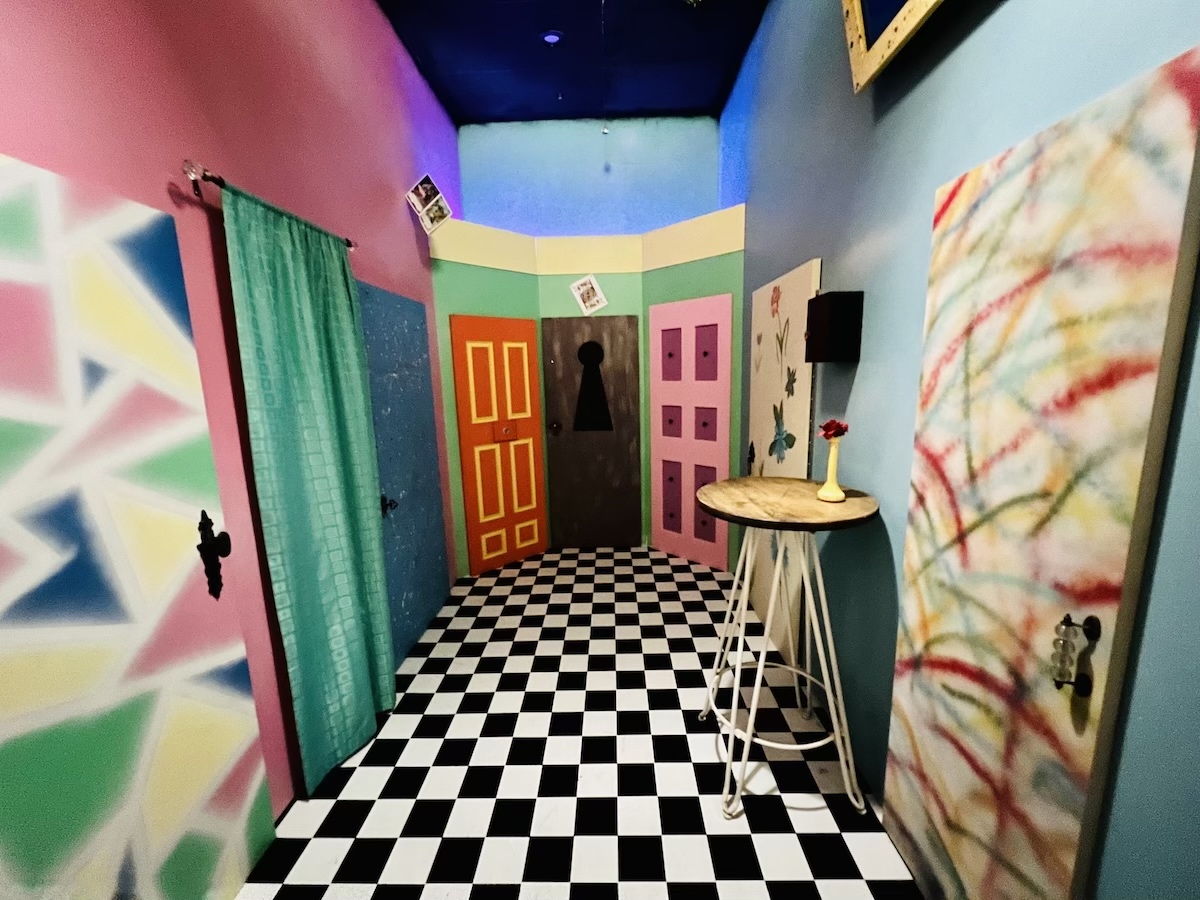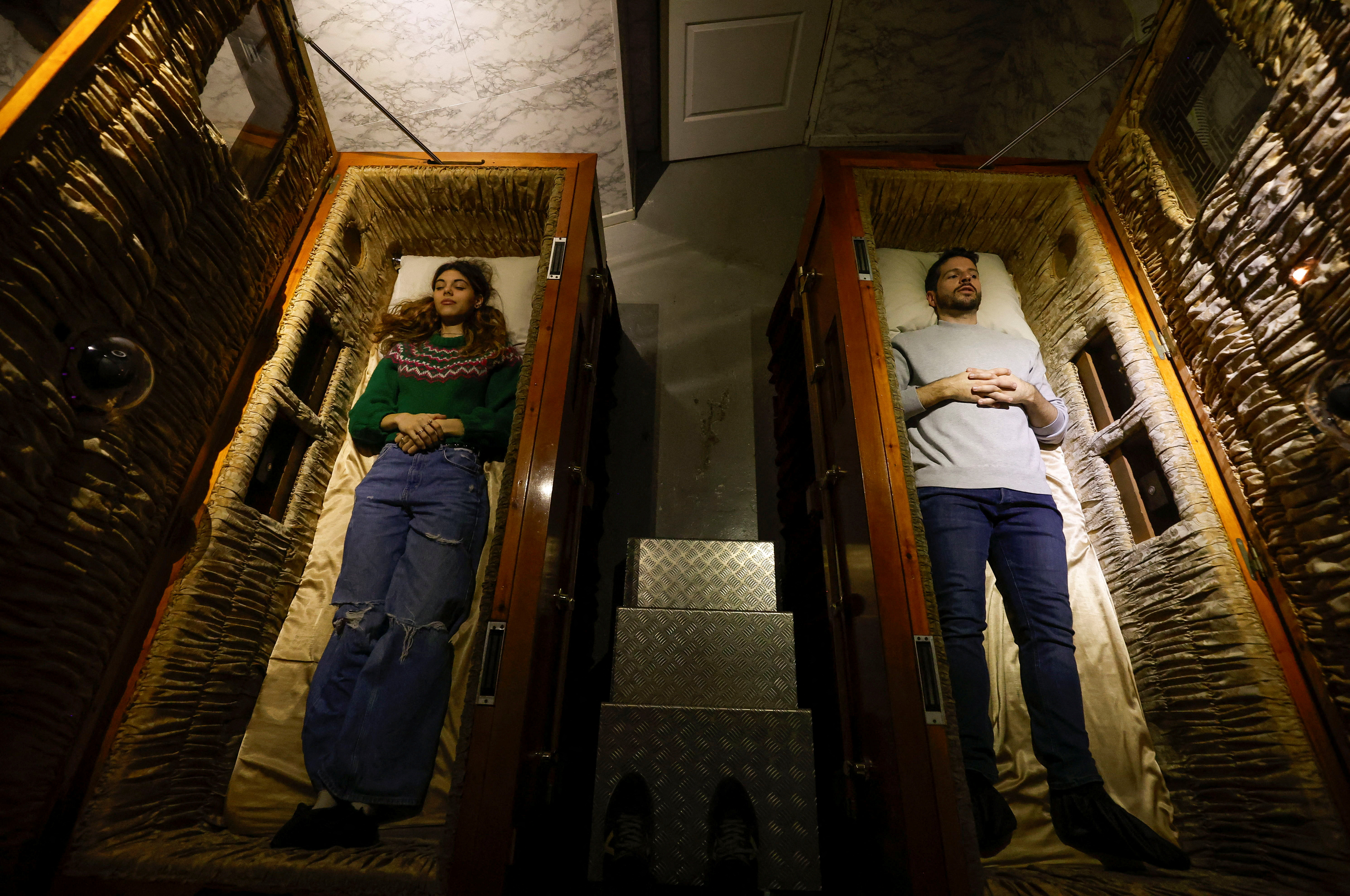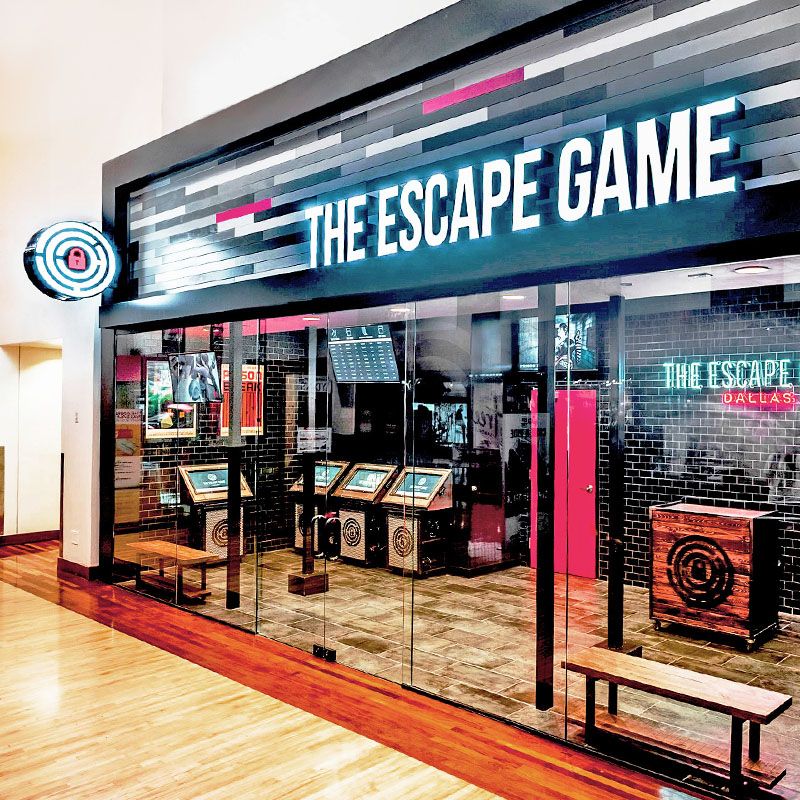Discover the Best Escape Room in Minneapolis-- Schedule Your Experience
Discover the Best Escape Room in Minneapolis-- Schedule Your Experience
Blog Article
Team Methods: Exactly How to Work together Successfully in an Escape Area
Teams must proactively listen to each member's insights, designate duties that straighten with private strengths, and preserve routine check-ins to ensure focus and stop redundancy. By fostering a setting that values cohesion and adaptability, groups can substantially enhance their performance and success prices.
Establish Clear Communication

To promote clear interaction, it is essential to assign a central factor of contact for info circulation. Short, focused updates from each team participant can keep the group notified without frustrating them with details.

Appoint Functions Strategically
While clear interaction sets the foundation for reliable team effort, appointing functions tactically ensures that each employee's staminas are utilized properly. In a getaway area circumstance, the time-sensitive and complex nature of obstacles necessitates a well-organized technique to task delegation. By recognizing and leveraging individual proficiencies, teams can maximize their analytical capabilities and improve total performance.
First, examine the unique skills and qualities of each individual. A person with a keen eye for information might stand out in discovering concealed items, while a sensible thinker can be better suited to addressing puzzles. It's similarly crucial to have a leader that can supervise development, take care of the timeline, and make crucial phone calls when needed. This duty frequently needs strong organizational and interpersonal skills.
2nd, ensure that functions are adaptable and versatile. As brand-new obstacles arise, the team needs to have the ability to pivot, reapportioning jobs as needed. This versatility assists preserve momentum and avoids bottlenecks that could occur due to stiff function projects.
Eventually, a calculated method to duty assignment not just optimizes the strengths of each employee but additionally cultivates a cohesive atmosphere, driving the team in the direction of a successful getaway.
Utilize Diverse Abilities
Acknowledging and harnessing the varied abilities within your group can substantially elevate your efficiency in a retreat area. Each employee brings special strengths to the table, and properly leveraging these capacities can accelerate problem-solving and improve general efficiency. A team member with strong analytical abilities could succeed at deciphering complicated codes or patterns, while an additional with keen observational capacities might promptly find concealed hints that others may ignore.
Motivate group members to voice their insights and ideas quickly, making certain that all prospective services click here now are thought about. Furthermore, assigning tasks that align with each participant's toughness go can protect against traffic jams and make sure that development is constant.
Furthermore, diversity in abilities usually converts to variety in believing styles, which is invaluable in a retreat space setting. While some challenges may need rational reasoning and precision, others might gain from creative and association of ideas. By recognizing and leveraging this variety, groups can attend to a broader variety of challenges more efficiently, thereby boosting their opportunities of a successful escape.
Manage Time Properly

Recognize noticeable puzzles and divide jobs based on group participants' staminas, guaranteeing that nobody is idle. This practice can aid keep the team concentrated and prevent time from sliding away unnoticed.
Additionally, stay clear of one-track mind. If a problem is taking as well long, rotate group participants or go on to one more challenge, returning later on with fresh perspectives. Communication is critical-- maintain published here everybody upgraded on solved puzzles and continuing to be tasks to stay clear of repetitive initiatives.
Finally, utilize any type of tips or ideas moderately however purposefully - best escape room. Understanding when to request for aid can save beneficial time. By adhering to these time monitoring principles, teams can significantly boost their chances of an effective and delightful retreat room experience
Debrief and Mirror
Reflection is a necessary facet of group growth and enhancement in the context of retreat rooms. When the obstacle is finished, whether successfully or otherwise, it is important for the team to take part in a structured debriefing session. This process permits group participants to evaluate their efficiency, recognize toughness, and identify locations for improvement.
Begin the debrief by discussing what went well. Highlight certain circumstances of reliable communication, analytical, and partnership. Identifying these favorable actions reinforces them and encourages their rep in future difficulties.
Review minutes of complication, miscommunication, or ineffective methods. Motivate an open and useful dialogue where group members can share their perspectives without worry of criticism.
Conclusion
In final thought, effective partnership in an escape space is predicated upon clear interaction, tactical duty projects, the effective use of diverse abilities, and competent time monitoring. By creating a natural and adaptive group environment, the chance of efficiently fixing puzzles and attaining the objective of running away the room is substantially improved.
Report this page